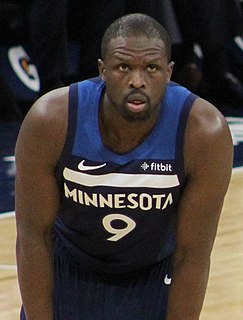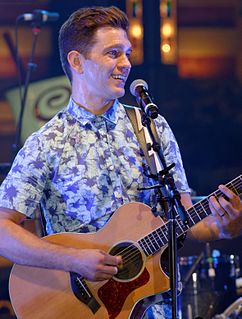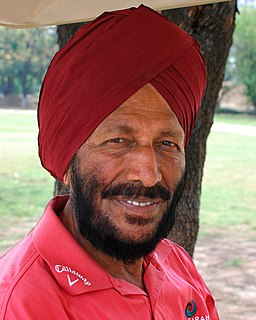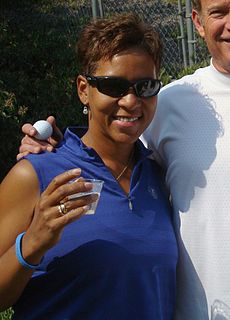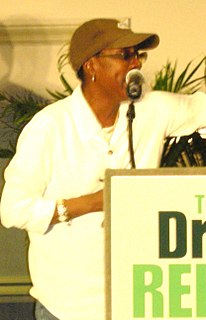A Quote by Khaled Hosseini
When I was in Afghanistan in 2007, I went from village to village where refugees had returned, and they were living out in the open under tents, sometimes completely exposed to the environment. And they were homeless, which meant they would lose children in the winter to the cold and in the summers in the extreme heat. It's extremely humiliating for them to be homeless, culturally it's very shameful.
Related Quotes
The bulk of our efforts [in The Khaled Hosseini Foundation] has focused on helping build permanent shelters for returning refugees who are homeless, living out in the open or in makeshift homes. This is an area of urgent need as Afghanistan's natural elements are quite harsh, with very hot summers, and freezing winters.
I used to live in a village, and I always loved listening to old people. Unfortunately, it was always women who were talking, because after the war, very few men were around. I spent my entire life living in the village. The village is always talking about itself; people are talking to each other as the village makes sense of itself.
We were not having any fun, he had recently begun pointing out. I would take exception (didn't we do this, didn't we do that) but I had also known what he meant. He meant doing things not because we were expected to do them or had always done them or should do them but because we wanted to do them. He meant wanting. He meant living.
Philadelphia caught my attention in 1995 when a group of homeless families were living in an abandoned cathedral. Even from the beginning they connected theology with what they were doing. They put a banner on the front of the cathedral that said, "How can we worship a homeless man on Sunday and ignore one on Monday."
One of the things is that I've been very comfortable in every situation starting ministry in the inner city and ministering in places - Washington, D.C., feeding the homeless, the hurting, going to broken boys and girls. So culturally I understood all different aspects of life - from extremely wealthy to extreme poverty, socioeconomic differences, ethnic differences.
When Tupac turned thirteen, we were homeless on that day. His theater club gave him a party. Sometimes I do wonder that if I hadn't gone on with fool-heartedness, my son would have had an easier transition into this life. But at least I was able to keep art there. Otherwise he would've had no way to get his feelings out.
Just as plagues were visited on Pharaoh so will pestilences and disasters be visited on the white man. Why, it has already started: God has begun to send them heat when they expect cold; he sends them cold when they expect heat. Their crops are dying, their children are being born with all kinds of deformities, the rivers and lakes are coming out of the belly of the earth to wash them away.


